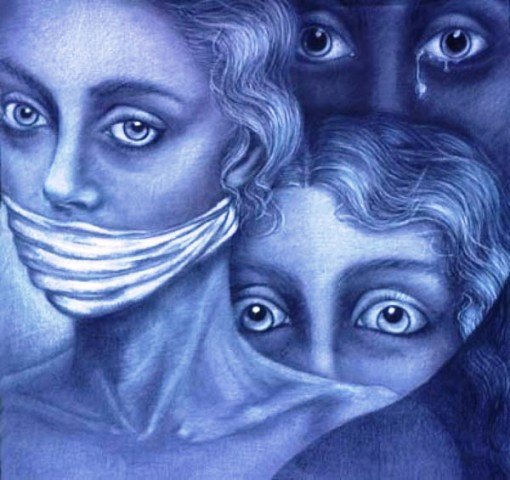The events in Egypt have created a stir and caused Arab rulers to assess their respective roles.
President Obama is withdrawing American support for President Mubarak’s teetering regime and Prime Minister Gilani is sending a special plane to airlift his stranded compatriots out of Cairo.
Dreaming about revolution
Many Pakistanis have developed a voyeuristic fascination with uprisings in other countries. But others feel that talk about a similar movement erupting locally is irksome and the product of a disconnect with the complicated reality.
Those who believe that Pakistanis are wasting time by fantasising about street protests feel that too many have been influenced by imported concepts that are not viable in their own country - like women’s jeans and freedom of religion.
You already have democracy
Discussions related to revolution are often ended with an abrupt statement declaring that it is inane to lust after something one already has. In Pakistan’s case, this is democracy. However, the argument that the present government was voted in to power by elections and should, thus, be allowed to stay does not necessarily reflect democratic principles.
The Millennium Project, a global think tank, sees democratisation as a worldwide challenge and regards democracy as:
‘a relationship between a responsible citizenry and a responsive government that encourages participation in the political process and guarantees basic rights.’
A government that has no legitimacy is no longer representative of the people - to defend it is to defend the status quo.
Keeping citizens happy
Established democracies such as the USA and UK are conscious of such descriptions. To encourage participation nd recognise that the political process should extend beyond elections which are typically held every four or five years. Civil society movements and referendums play a key role in ensuring that the will of the people is accurately communicated to those responsible for decision making.
It is not uncommon for citizens in established democracies to ask their leaders to resign when they feel that they have not been attentive enough to their needs. Citizens in such democracies value their right to question their politicians on issues such as bilateral foreign relations, inflation rates, and personal wealth. This reflects the notion that accountability is central to democracy. Answers could (and sometimes do) result in a quicker than scheduled transition to new leadership. This is part of the political process and should not be considered undemocratic.
Would revolt harm democracy?
This is relevant in the context of Pakistan because there is a widespread perception that Egypt style protests over here would harm Pakistan’s democracy. This would of course be the case, if in a hypothetical situation violence were to erupt. This could provide a basis for declaring a state of emergency and for military control which results in the suspension of constitutional rights and freedoms.
Nevertheless, it is worth noting that peaceful protests are a democratic right as they are an extension of freedom of speech which is guaranteed by Article 19 of the Constitution of Pakistan. Such freedoms not only reflect but also enhance democracy, regardless of whether or not they result in the achievement of an objective.
Fearing chaos
A considerable portion of the apprehension related to protests is so because lately, religious parties seem to have developed a penchant for gathering large crowds in public places. This is so thanks to the rabble rousing potential related to figures such as Aafia Siddiqui, former Governor Salmaan Taseer, Mumtaz Qadri, and Raymond Davis, and is a disturbing trend given the right wing proclivity for inciting hatred and violence.
Nevertheless, given the absence of defamatory and inflammatory expression, everyone has the right to protest. Pakistanis who disagree must reassess how they feel about democracy, the status quo, and the difference between the two.



COMMENTS
Comments are moderated and generally will be posted if they are on-topic and not abusive.
For more information, please see our Comments FAQ